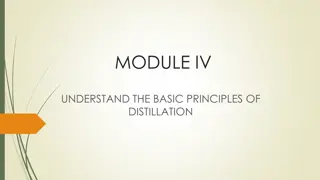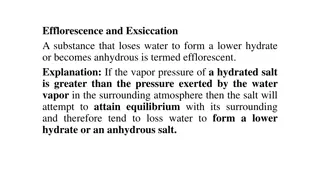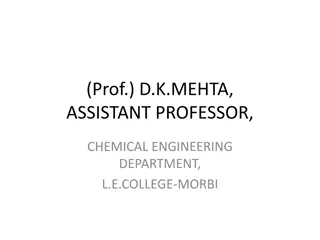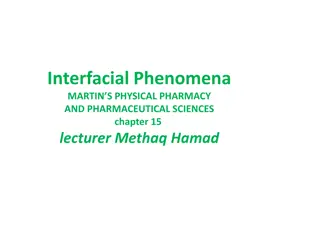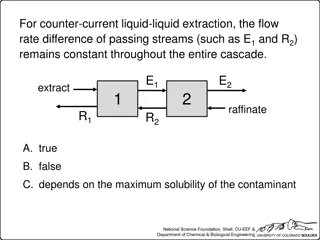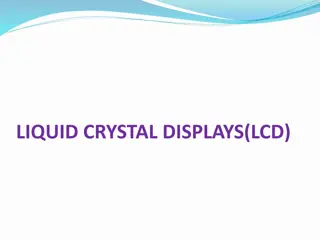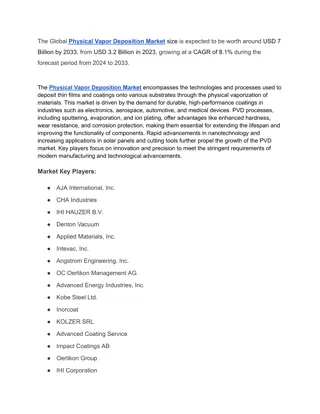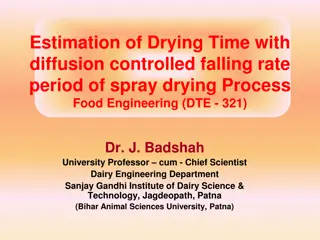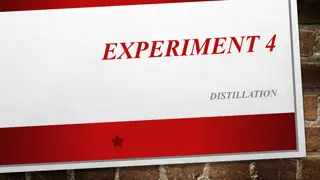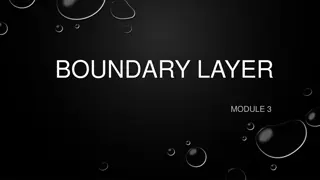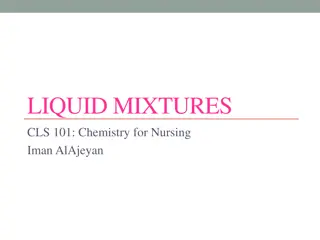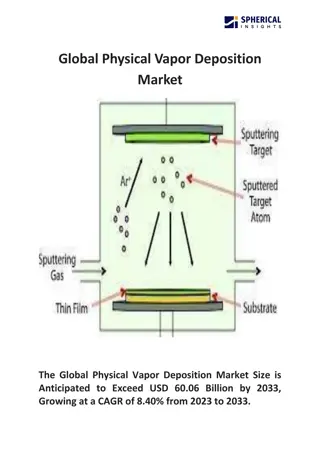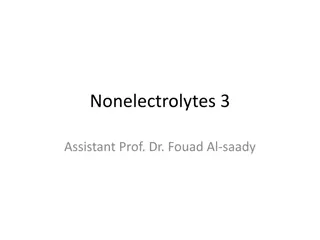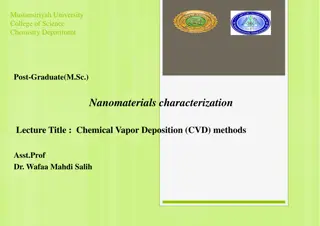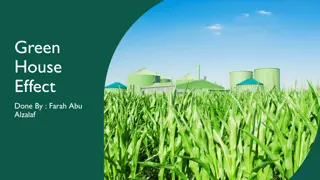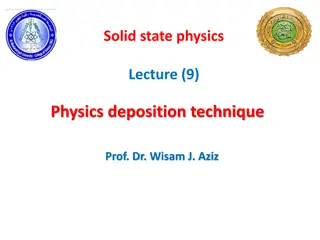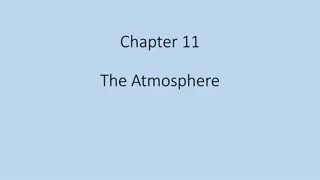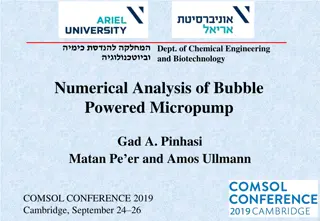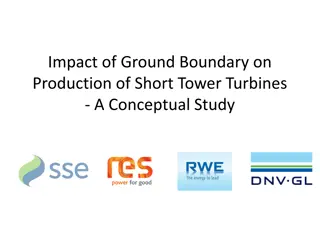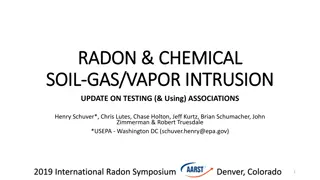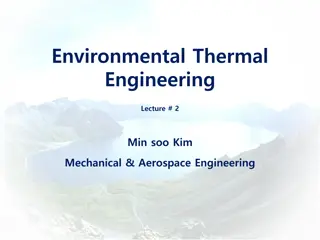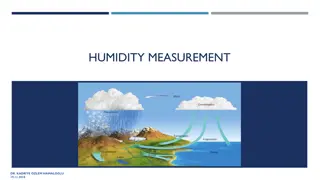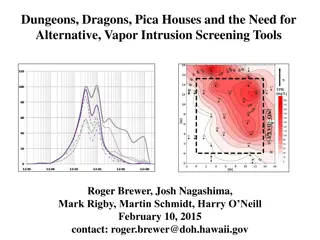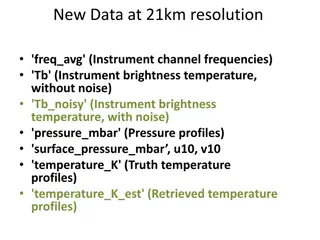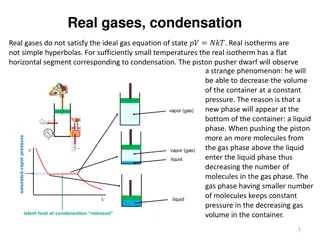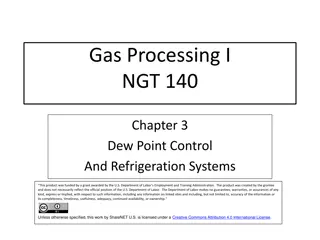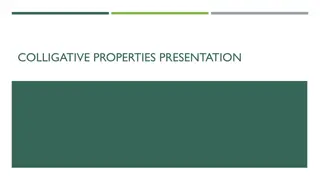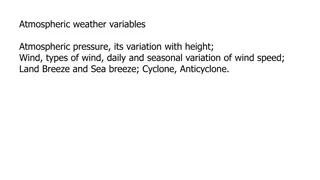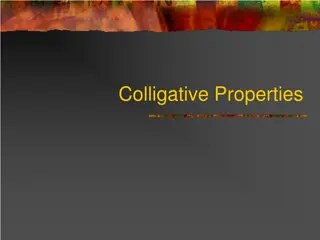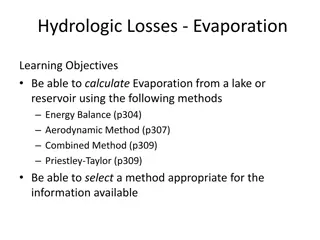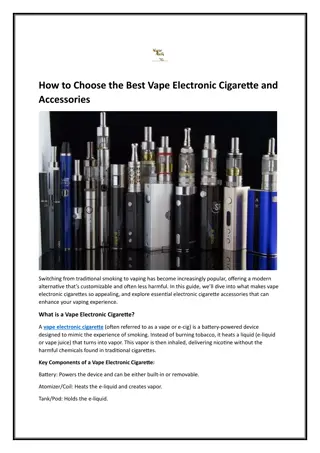K2 Liquid Spray on Paper: Unveiling the Mystique — mysteriousplant.com
In recent times, the phenomenon of using K2 liquid spray on paper has gained significant attention. This innovative application method has sparked curiosity and debate among users and authorities alike. In this article, we\u2019ll explore the ins and outs of K2 liquid spray, providing a comprehensiv
3 views • 6 slides
Buy OMG Liquid Incense Online — herbalincense24.com
Buy OMG Liquid Incense Online. The perfect way to relax and unwind after a stressful day. Liquid Herbal Incense is from a blend of true flavors and potent herbs that will awaken your senses and increase your sensitivity.\ncontact: 16014489173 | Email at: info@herbalincense24.com
3 views • 3 slides
BUY WTF LIQUID INCENSE ONLINE - herbalincense24.com
Buy WTF Liquid Incense Online. The perfect way to relax after a stressful day. Liquid Herbal Incense is from a blend of true flavors and potent herbs that will awaken your senses and increase your sensitivity. Super strong and intense as it ensures that every hit gets you to the spot where you need
4 views • 2 slides
Applications of Heat Exchangers in Various Industries
This topic delves into the diverse applications of heat exchangers in different industries and plants, elucidating the use of various types of heat exchange systems and their importance in processes like bio-processing, power generation, and more. The lecture covers heat exchange applications for li
0 views • 24 slides
Evolution of Liquid Crystal Display (LCD) Technology & Applications
Liquid crystal displays (LCDs) have evolved from small screens in calculators to large, high-definition flat-panel TVs. LCD technology, discovered accidentally in 1888, utilizes liquid crystals that align to display images. Common LC phases include nematic, characterized by thread-like defects. LCDs
5 views • 44 slides
Understanding the Basic Principles of Distillation
Distillation is a process used to separate components in a liquid mixture based on differences in vapor pressures. This involves techniques like simple, steam, and fractional distillation, as well as understanding binary mixtures, boiling points, vapor pressures, and vapor-liquid equilibria. Raoult'
5 views • 42 slides
Liquid Botanical Extracts Market Worth $5.25 Billion by 2029
The rising demand for liquid botanical extracts in cosmetic applications, growing demand for ready-to-use botanical extracts, increasing health and wellness trends with consumption of natural health products, and increasing awareness regarding the benefits of herbal products over synthetic products
3 views • 4 slides
Efflorescence and Exsiccation in Chemistry
Efflorescence refers to the process where a substance loses water to form a lower hydrate or becomes anhydrous due to differences in vapor pressures. Hydrates with vapor pressures greater than the atmosphere tend to exhibit efflorescence. The rate of efflorescence increases with temperature. Exsicca
0 views • 103 slides
Gas-Liquid Equipment in Mass Transfer Operations
Gas-liquid operations play a crucial role in mass transfer processes by facilitating intimate contact between the two fluids for efficient interphase diffusion. Various equipment such as sparged vessels (bubble columns) and mechanically agitated vessels are used to disperse gas or liquid phases, pro
2 views • 27 slides
Understanding Interfaces in Physical Pharmacy
Interfaces play a crucial role in physical pharmacy, dividing phases like solid, liquid, and gas. Liquid interfaces involve surface tension due to cohesive and adhesive forces. This chapter explores the classification and properties of interfaces, shedding light on the behavior of molecules at the b
0 views • 66 slides
Liquid-Liquid Extraction Techniques and Considerations
Understanding liquid-liquid extraction processes like counter-current and co-current cascades, material balances, and system degrees of freedom. Topics include impact of flow rates, partition coefficients, solvent ratios, and purity on extraction efficiency.
0 views • 14 slides
Understanding Liquid Crystal Displays (LCDs) and Their Advantages
Liquid Crystal Displays (LCDs) offer advantages such as low power consumption, cost-effectiveness, and good contrast. These displays consist of liquid crystal cells sandwiched between glass sheets with transparent electrodes. The LCD relies on external illumination for visibility and uses nematic li
0 views • 14 slides
Physical Vapor Deposition Market
The Global Physical Vapor Deposition Market size is expected to be worth around USD 7 Billion by 2033, from USD 3.2 Billion in 2023, growing at a CAGR of 8.1% during the forecast period from 2024 to 2033.\nClick here for request a sample : \/\/market
1 views • 4 slides
Estimation of Drying Time in Spray Drying Process: Diffusion and Falling Rate Periods
The estimation of drying time in a spray drying process involves understanding diffusion-controlled falling rate periods, constant rate periods, and the mechanisms by which moisture moves within the solid. The drying rate curves depend on factors like momentum, heat and mass transfer, physical prope
0 views • 8 slides
Overview of Distillation: Methods and Applications
Distillation is a crucial process for purifying liquid organic compounds by converting them to vapor and then back to liquid through condensation. This process is vital for various applications, including the separation of different liquids based on their boiling points. Distillation methods such as
0 views • 10 slides
Understanding Boundary Layer and Drag Forces in Fluid Dynamics
Boundary layer module explains the presence of viscous forces near a surface due to fluid flow, leading to laminar or turbulent boundary layers. Flow separation occurs when a boundary layer detaches from a surface, impacting lift and drag forces. Adverse pressure gradients and flow separation phenom
0 views • 19 slides
Understanding Liquid Mixtures in Nursing Chemistry
Explore the world of liquid mixtures in nursing chemistry with a detailed look at solutions, suspensions, colloids, and emulsions. Learn about the properties of solutions and suspensions, the distinction between homogeneous and heterogeneous mixtures, and the various types of liquid mixtures encount
7 views • 18 slides
Global Physical Vapor Deposition Market
The Global Physical Vapor Deposition Market Size is Anticipated to Exceed USD 60.06 Billion by 2033, Growing at a CAGR of 8.40% from 2023 to 2033.\n\n
0 views • 8 slides
Colligative Properties in Solutions: Vapor Pressure, Freezing Point Depression, and Osmotic Pressure
Colligative properties such as vapor pressure lowering, freezing point depression, and osmotic pressure are characteristics of solutions that depend on the number of solute particles present. This text explores how these properties are related to the concentration of solute in a solution and how the
0 views • 14 slides
Chemical Vapor Deposition (CVD) Methods for Nanomaterials Characterization
Chemical Vapor Deposition (CVD) is a widely used method in the field of nanomaterial synthesis, particularly for growing nanotubes, nanowires, and nanoparticles. The process involves decomposing a gaseous precursor on a substrate with the help of a catalyst, either predeposited or provided in the ga
3 views • 8 slides
Understanding the Greenhouse Effect and Its Impact
The greenhouse effect is the trapping of the sun's warmth in a planet's lower atmosphere, primarily by greenhouse gases like carbon dioxide and water vapor. These gases absorb and re-emit infrared radiation, which leads to an increase in temperatures. While carbon dioxide and water vapor are signifi
1 views • 13 slides
Overview of Physical Vapor Deposition (PVD) Techniques in Thin Film Deposition
Physical Vapor Deposition (PVD) includes various vacuum techniques for depositing thin films on substrates through physical means. This method involves a dry vacuum process to coat objects with different materials. PVD processes utilize methods like Mechanical, Evaporation, Sputtering, Ion plating,
0 views • 31 slides
Understanding Fermi Liquid Theory in Interacting Fermion Systems
Fermi liquid theory, also known as Landau-Fermi liquid theory, is a theoretical model that describes the normal state of metals at low temperatures. Introduced by Landau and further developed by Abrikosov and Khalatnikov, this theory explains the similarities and differences between interacting ferm
0 views • 23 slides
Optimization of Liquid Cooling System Components in Data Centers
Explore considerations for selecting components such as liquid types, connection types, manifold sizes, and mate forces in data center liquid cooling systems. Recommendations cover liquid flow rates, connection locations, QC materials, and QC mate forces to enhance system efficiency and reliability.
0 views • 11 slides
Understanding Earth's Atmosphere Composition and Layers
Earth's atmosphere is primarily composed of nitrogen and oxygen, with other gases like argon, CO2, and water vapor making up the remaining percentage. While the levels of nitrogen and oxygen remain constant, variable gases like water vapor fluctuate based on location and time. CO2 levels have been i
0 views • 53 slides
Advanced Cooling Solutions: ACS Cold Plate Focus Areas
Introduction to ACS Cold Plate focus areas led by Jessica Gullbrand from Intel. The objective is to standardize liquid-cooled solutions without hindering innovation. The ongoing focus includes approval of cold plate requirements, initiation of Open Rack V3 Blind Mate Liquid Cooling, and various work
0 views • 20 slides
Numerical Analysis of Bubble-Powered Micropump in Chemical Engineering
This study focuses on developing a numerical model to simulate a micropump driven by bubble formation and growth. The research covers various sub-models such as initial liquid heating, bubble growth, and collapse, with the objective of understanding the operation of the micropump. Basic assumptions,
0 views • 22 slides
Ground Boundary Impact on Short Tower Turbines: A Conceptual Study
This conceptual study explores the impact of ground boundary on the production of short tower turbines. It investigates whether two turbines with the same rotor diameter but different hub heights can generate the same energy output. The study examines how the ground boundary influences the airflow p
0 views • 8 slides
Understanding Radon and Chemical Soil Gas Vapor Intrusion
This presentation at the 2019 International Radon Symposium in Denver, Colorado explores the association between radon, chemical soil gas, and vapor intrusion. It discusses the challenges in testing, analyzing differences, and the need for supplemental measurements like radon to validate models. The
0 views • 19 slides
Fundamentals of Environmental Thermal Engineering in Mechanical & Aerospace Engineering
Explore the key concepts of environmental thermal engineering in Mechanical & Aerospace Engineering, covering topics such as the Carnot cycle, actual vapor-compression cycle, principles of the vapor-compression cycle, Carnot heat engine, refrigeration cycle, and coefficient of performance. Understan
0 views • 51 slides
Understanding Humidity: Measurement, Classification, and Calculation
Humidity is the amount of water vapor in the air, impacting weather conditions and human comfort. It can be classified as absolute humidity and relative humidity, each playing a crucial role in determining atmospheric moisture levels. The calculation of relative humidity involves comparing the vapor
0 views • 24 slides
Alternative Vapor Intrusion Screening Tools for Environmental Investigations
Estimation of subslab attenuation factors for vapor intrusion investigations is crucial in assessing indoor air quality. This study reviews EPA methods, emphasizing the importance of vapor attenuation in screening indoor air for contaminants. Various experts contributed insights, leading to the deve
0 views • 35 slides
Insights on High-Resolution Earth Data at 21km Intervals
New data at 21km resolution provides a comprehensive view of various parameters including frequency averages, brightness temperatures, water vapor profiles, rain rates, pressure profiles, and temperature estimates. The files are now on a consistent 21km grid, reflecting the intent to capture tempera
0 views • 12 slides
Understanding Real Gases and Condensation Phenomenon
Real gases deviate from ideal gas behavior, leading to condensation at low temperatures. The van der Waals equation accounts for real gas properties with empirical constants. The Maxwell construction method predicts the saturated vapor pressure on the isotherm, crucial for understanding liquid-vapor
0 views • 13 slides
Gas Processing: Dew Point Control and Refrigeration Systems
Gas processing involves gathering raw gas from wells, passing it through various units like feed gas receiving, condensate stabilization, gas treating, dew point control, and refrigeration units to control liquid condensation and recover natural gas liquids. Dew point control helps prevent condensat
0 views • 26 slides
Understanding Colligative Properties in Chemistry
Colligative properties in chemistry depend on the amount and type of solute particles added to a sample, as well as the intermolecular forces at play. They include vapor pressure, boiling point elevation, and freezing point depression. Vapor pressure is the pressure exerted by a vapor on its surroun
0 views • 7 slides
Understanding Atmospheric Pressure, Wind Variations, and Humidity in Weather Systems
The atmosphere is composed of various elements like gaseous molecules, water vapor, and dust particles. Key weather variables include atmospheric pressure, temperature, humidity, wind, cloud cover, and precipitation. Atmospheric pressure is influenced by the weight of air above a point, with average
0 views • 17 slides
Understanding Colligative Properties and Vapor Pressure in Solutions
Colligative properties are solution properties dependent only on solute concentration, not solute identity. The Van't Hoff factor helps in such equations, especially for ionic compounds. Vapor pressure lowering is a key colligative property where a solute decreases vapor pressure. Raoult's Law expla
0 views • 23 slides
Understanding Evaporation Methods and Implications in Hydrology
Learn how to calculate evaporation using various methods such as Energy Balance, Aerodynamic Method, Combined Method, and Priestley-Taylor. Understand the importance of evaporation and transpiration in the hydrological cycle, climate change predictions, and water availability for ecosystems and agri
0 views • 10 slides
How to Choose the Best Vape Electronic Cigarette and Accessories
A vape electronic cigarette (often referred to as a vape or e-cig) is a battery-powered device designed to mimic the experience of smoking. Instead of burning tobacco, it heats a liquid (e-liquid or vape juice) that turns into vapor. This vapor is th
5 views • 3 slides





